Economy faces headwinds from global spillovers: RBI Governor
Thu 05 May 2022, 10:10:40
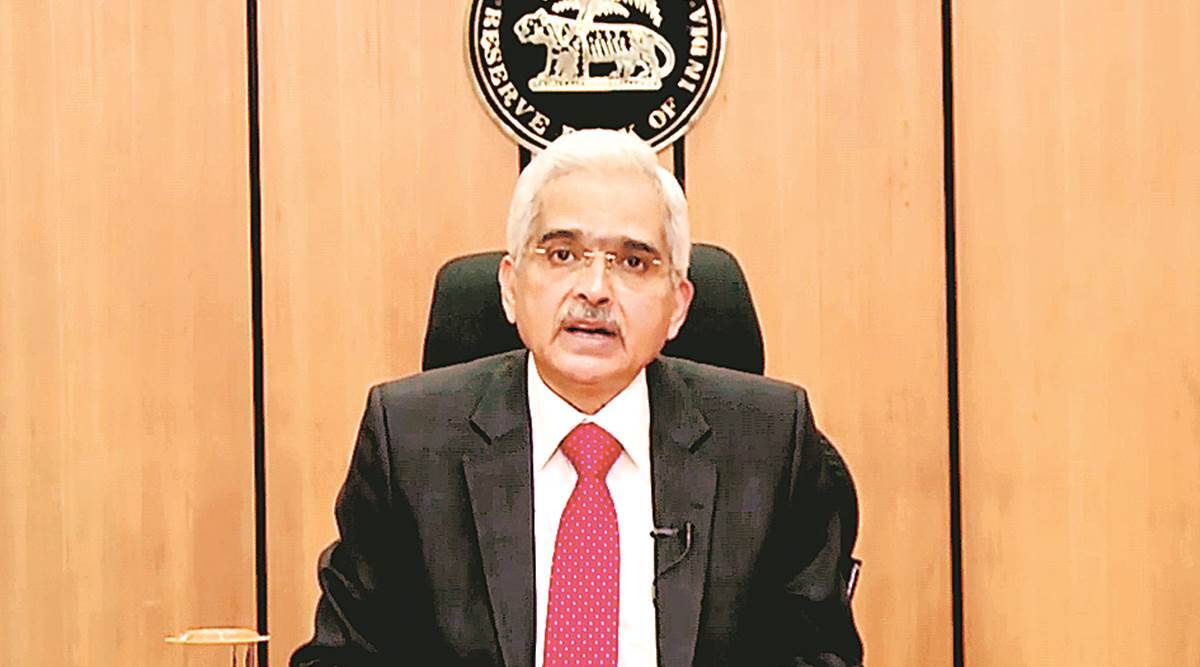
Reserve Bank of India Governor Shaktikanta Das on Wednesday said that even as the drivers of domestic economic activity are getting stronger, they face headwinds from global spillovers in the form of protracted and intensifying geopolitical tensions along with elevated commodity prices and COVID-19 related lockdowns or restrictions in some major economies.
He said, the economy is also facing headwinds from slowing external demand and tightening global financial conditions on the back of monetary policy normalisation in advanced economies. Mr. Das said, these risks are evolving on the lines anticipated in the April statement after the Monetary Policy Committee meeting and appear to be lingering.
The Reserve Bank's rate-setting panel, MPC, decided to hold an off-cycle meeting on 2nd and 4th of May and raised the benchmark lending rate (repo) by 40 basis points and hiked CRR by 50 basis points to contain the rising inflation. The MPC said that in this high-voltage global environment, it is useful to take stock of the domestic macro-economic and financial conditions.
The RBI, however, did not tinker with the GDP growth projection made in April. It had slashed the GDP growth projection for the fiscal 2022-23
to 7.2 per cent from its earlier forecast of 7.8 per cent.
to 7.2 per cent from its earlier forecast of 7.8 per cent.
The RBI Governor said, Consumer Price Index (CPI)-based retail inflation rose to nearly seven per cent in March mainly due to the impact of adverse spillovers from unprecedented high global food prices. Nine out of the twelve food sub-groups registered an increase in inflation in March. Mr. Das said, high-frequency price indicators for April indicate the persistence of food price pressures.
He said that sustained high inflation inevitably hurts savings, investment, competitiveness and output growth. It has pronounced adverse effects on the poorer segments of the population by eroding their purchasing power.
Mr. Das said, as regards the outlook for domestic economic activity, the forecast of a normal southwest monsoon brightens the prospects for kharif production. The recovery in contact-intensive services is expected to be sustained, with the ebbing of the third wave and the growing vaccination coverage. Also, he said, investment activity should get an uplift from the robust government capex, improving capacity utilisation, stronger corporate balance sheets and congenial financial conditions.
No Comments For This Post, Be first to write a Comment.
Most viewed from Business
AIMIM News
Latest Urdu News
Most Viewed
May 26, 2020
Is it right to exclude Bangladesh from the T20 World Cup?
Latest Videos View All
Like Us
Home
About Us
Advertise With Us
All Polls
Epaper Archives
Privacy Policy
Contact Us
Download Etemaad App
© 2026 Etemaad Daily News, All Rights Reserved.

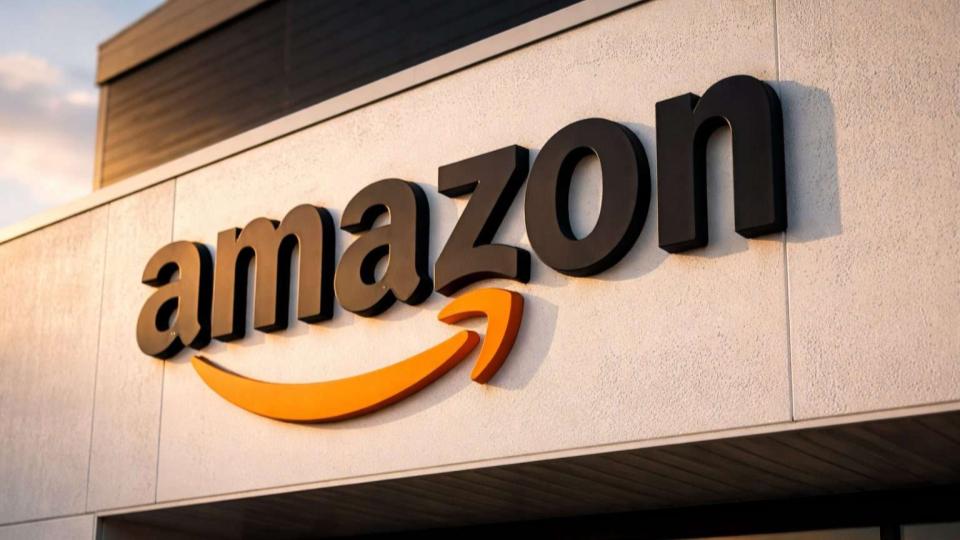
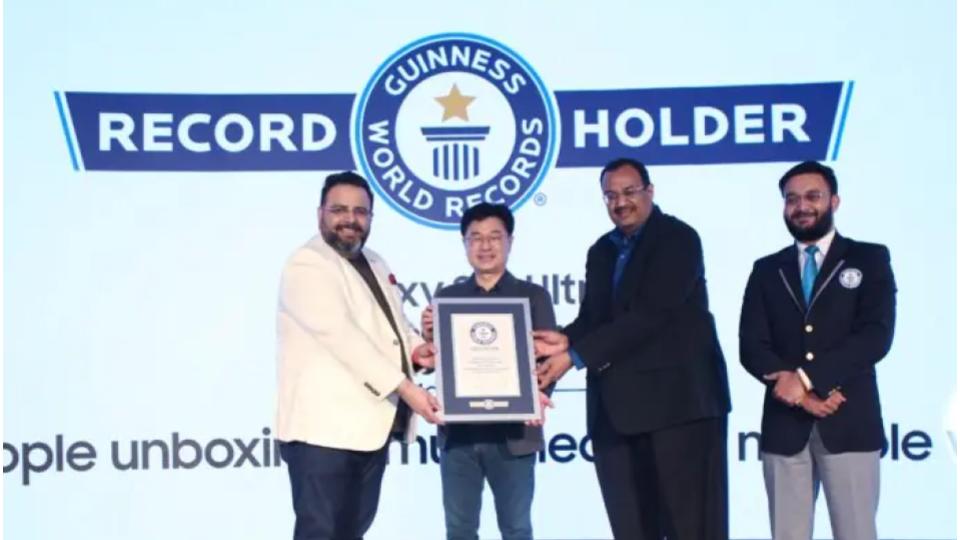
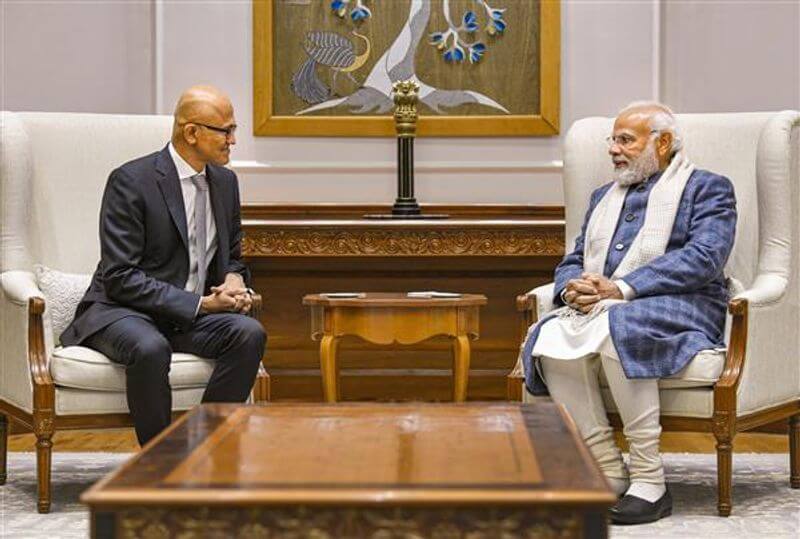

.jpg)
.jpg)
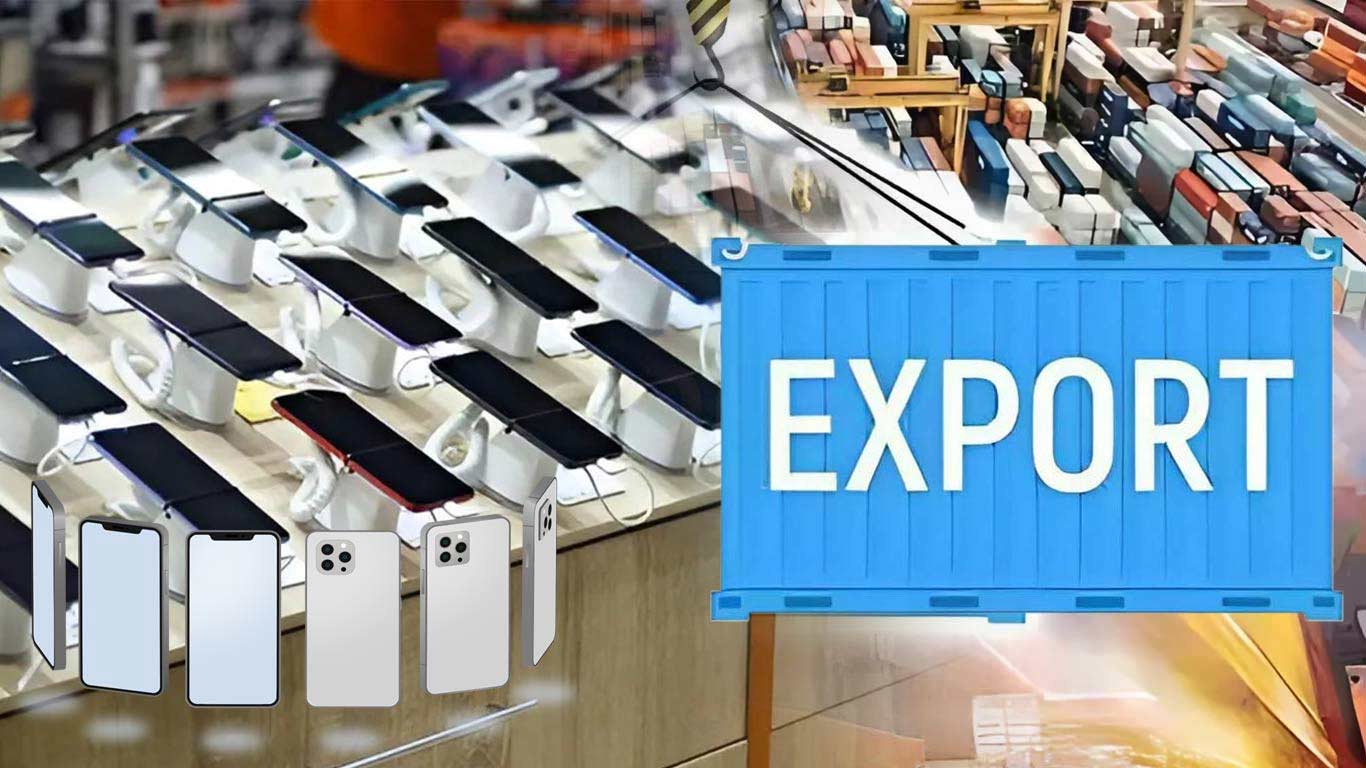

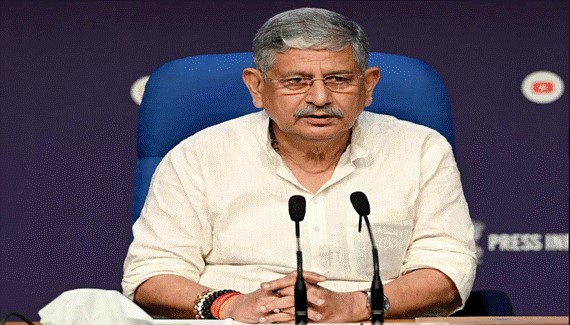
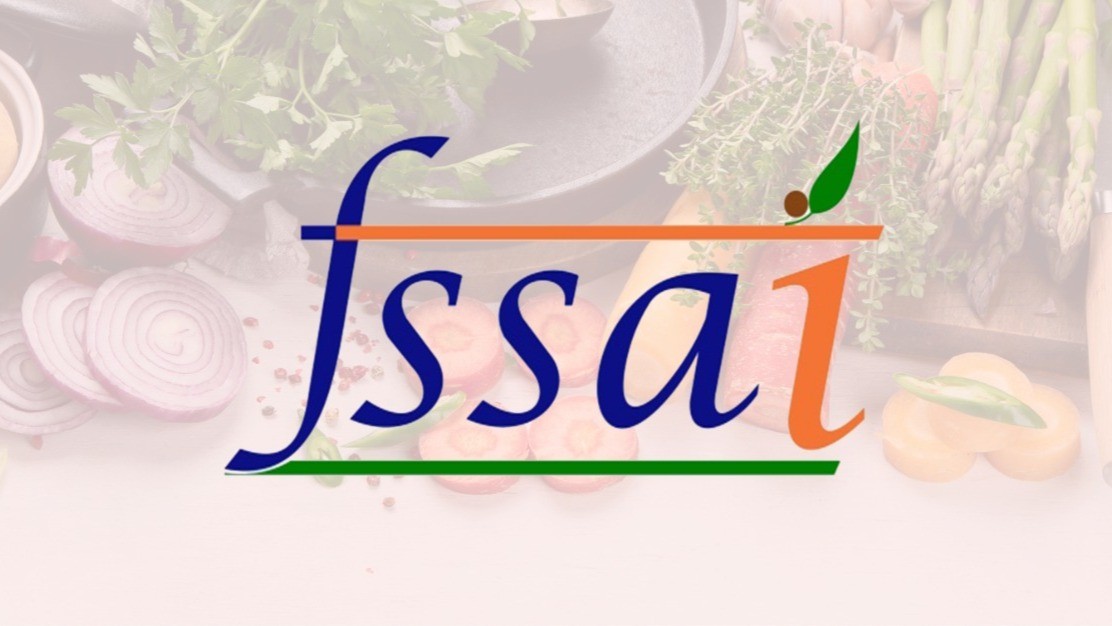
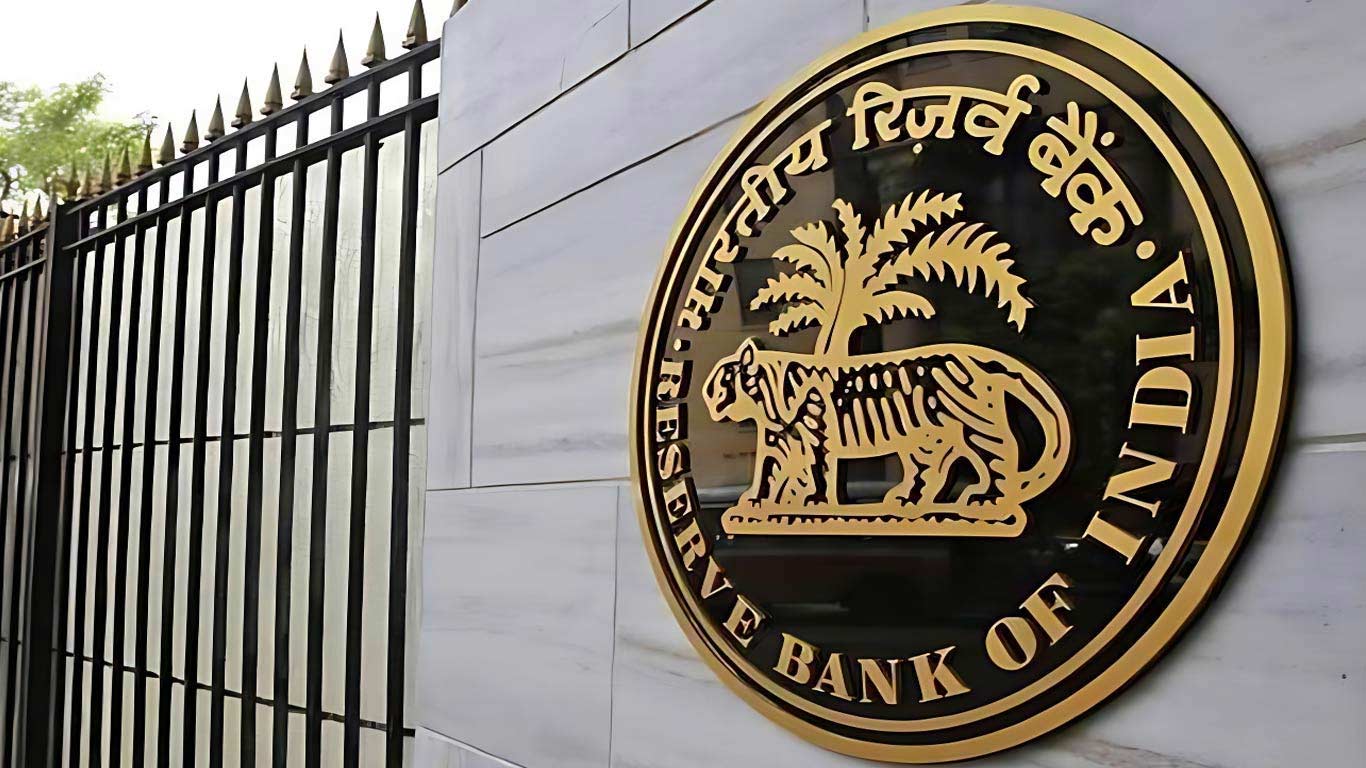












.jpg)
.jpg)
.jpg)


